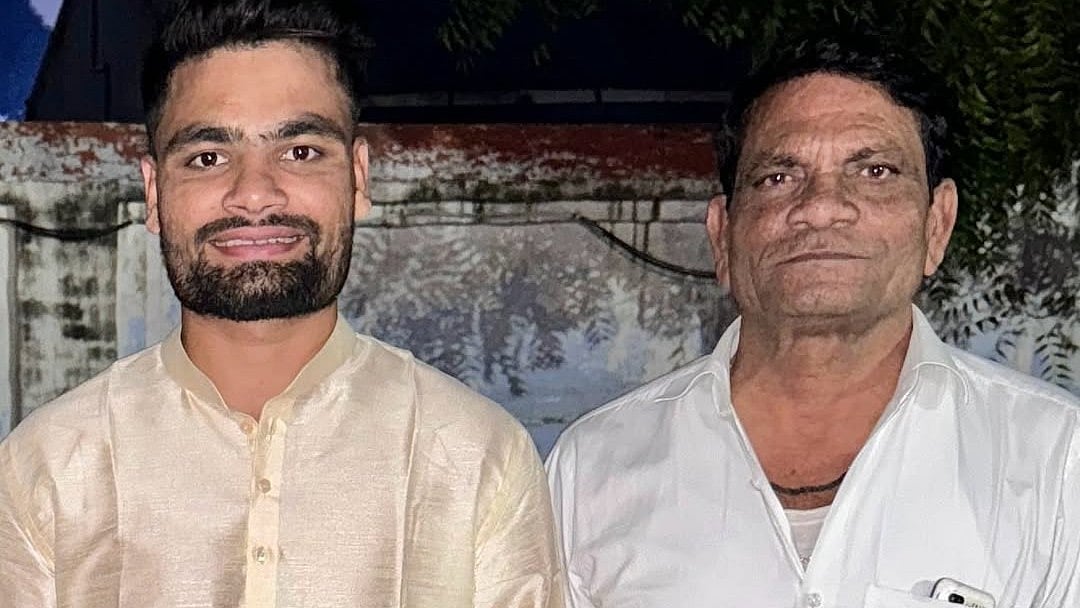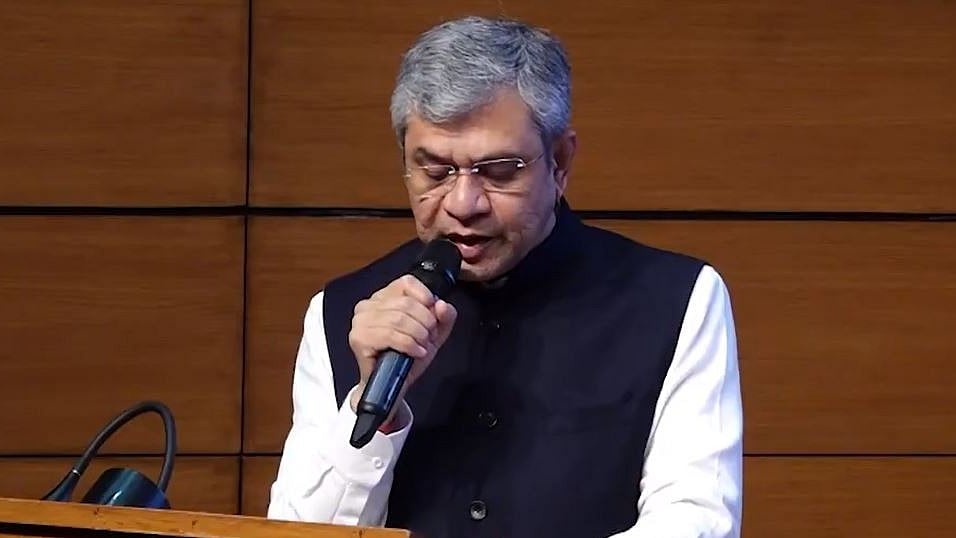It was on March 17 that I received an unexpected call from Chennai-based investigative journalist Sandhya Ravishankar. She said she was flying into Delhi that evening and had to meet me most urgently the following day. I told her I was travelling and the only time I could possibly keep aside for her would be early in the morning at 6am. Why the urgency, I asked. After all, we had not been in touch for a while since a meeting of the Foundation for Media Professionals.
“I’ll tell you when we meet,” she insisted.
Sure enough, Sandhya was at my doorstep even as I was rubbing the sleep off my eyes. She said she was representing a France-based, non-profit, media organisation called Forbidden Stories that was undertaking an international investigation on journalists whose phones were suspected to have been tapped. Sandhya said my name had appeared in a list of journalists whose phones could possibly have been spied upon. She added that she wanted to download all the data in my mobile phone, put everything on a cloud for forensic examination by a laboratory engaged by Amnesty International.
Shared information
I was initially wary and reluctant to share all the names, addresses, photographs, and videos on my mobile phone. However, I implicitly trusted Sandhya, as she had already acquired a reputation for exposing the nefarious activities of the sand-mining mafia in her state. I agreed and the entire process took an hour or so. She had breakfast with me and rushed off, saying she would be meeting a few other journalists in Delhi later that day.
A few weeks later, two journalists from Paris contacted me over Jitsi (a new video conferencing system that is reportedly relatively free from external infiltration): they were Phineas Rueckert and his editor Sandrine Rigaud. They not only convinced me about the public interest in the investigation by Forbidden Stories and Amnesty International but also assured me that my mobile phone data would not be shared with anyone and under no circumstances.
The data inside my iPhone was downloaded for a second time for forensic analysis, this time online. Although few details were disclosed to me at that juncture, I realised that the story that was being worked on was not just potentially huge but could have political ramifications not just in India but in several other countries. I was told that I would have to wait for a few weeks before the results of the analysis would be known.
Sure enough, Phineas called me again. This time, he informed me that my phone had indeed been “compromised” in the months of March, April and May 2018. I was not surprised that my phone had been snooped into. For decades, my friends in the Intelligence Bureau had told me that they were “instructed” from time to time to tap and record the phone conversations of journalists. There have been many phone-tapping scandals in the past in India involving prominent personalities. Former Chief Minister of Karnataka Ramakrishna Hegde had to resign after one such scandal. Then, of course, the 2009 disclosure of conversations corporate lobbyist Niira Radia had with several politicians, businessmen and journalists, made waves for months on end.
No surprise
To reiterate the point, I was hardly taken aback when I learnt that my phone had been snooped into. I asked Phineas: Who has infiltrated my phone? He said he did not know. He then asked me to recall the stories I had been working on during the three months my phone had been snooped into. I told him that I had been researching a book that was published a year later, in April 2019, titled The Real Face of Facebook in India which highlighted how this social media platform and its messaging service WhatsApp had become a propaganda weapon for the right-wing and a tool for disseminating disinformation by supporters of Prime Minister Narendra Modi and the Bharatiya Janata Party.
There was another article that I was investigating at that time, with my colleague Abir Dasgupta. This was about the late Dhirubhai Ambani’s foreign assets in tax havens across the world. After his two sons, Mukesh Ambani (the richest man in India and Asia) and Anil Ambani (who is now reportedly bankrupt) did not respond to our detailed questions, we went ahead and published the long report titled ‘Carving Up a Business Empire Through Tax Havens: The Ambani Way’ in NewsClick in May 2018 where it can be accessed and read.
Could I put two and two together? Far from it. I am still not at all sure as to why my mobile phone was infiltrated during those three months and not earlier, or later. One could only speculate about the reasons why my phone was tapped. And although those who conducted the forensic analysis said my phone had been “cleaned up,” I am not at all certain about whether it continues to be tapped.
Taxpayers' money
What I find rather strange and suspicious is why representatives of the Indian government are neither confirming nor denying whether any of its departments or agencies have purchased the expensive Pegasus software from Israel’s NSO group. After all, if our government is spending taxpayers’ money to spy on many citizens (including me), should I not have the right to ask questions as to how the funds have been spent. Does every citizen not have the right to demand transparency and accountability in this regard?
As for our honourable Home Minister Amit Shah’s claim that the disclosures are part of some international conspiracy, he surely knows that no less than 17 media organisations across the world are involved in this investigation and that many hundreds of phones in not less than 45 countries have been identified as having been possibly tapped. Sorry, Mananiya Griha Mantri-ji, I don’t buy your argument about the “chronology” of the leak. The rest will be history.
The writer is an independent journalist, author, publisher, documentary film-maker and teacher with 44 years of work experience. He can be contacted at paranjoy@gmail.com.




